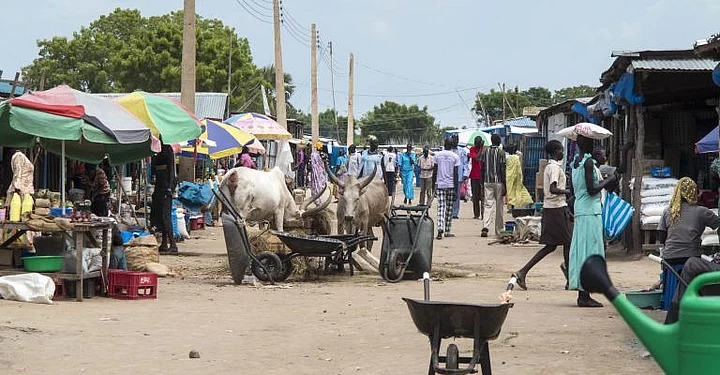The World Food Programme (WFP) announced on Tuesday, 14 June, that it is suspending food aid to 1.7 million people in South Sudan.
The WFP said in a statement that "over 60 percent of the population are grappling with severe food insecurity during the lean season," because of, among other reasons, "soaring food prices exacerbated by the crisis in Ukraine."
Free school meals for 178,000 of the poorest children are included in the aid that will be suspended.
Adeyinka Badejo, the Acting Country Director of the World Food Programme in South Sudan, said that they are "extremely concerned about the impact of the funding cuts on children, women and men who will not have enough to eat during the lean season."
"Humanitarian needs are far exceeding the funding we have received this year. If this continues, we will face bigger and more costly problems in the future, including increased mortality, malnutrition, stunting, and disease," he added.
This announcement comes in the backdrop of the most recent Integrated Food Security Phase Classification (IPC) assessment, that warned that about 7.74 million people in the country will face severe acute hunger during the lean season.
Additionally, the report had said that 1.3 million children will be acutely malnourished.
South Sudan was established as a new country in 2011 after the Second Sudanese Civil War.
Unfortunately, only two years later, in 2013, conflict broke out in the new country between forces of the government and the opposition, which also had ethnic undertones with massive fighting between the Dinka ethnic group and the Nuer ethnic group.
The majority of the 2.3 million South Sudanese refugees are living in neighbouring countries such as Sudan, Uganda, Ethiopia, Kenya, and the Democratic Republic of the Congo.
Additionally, another 1.87 million remain internally displaced.
(With inputs from Reuters and The Guardian.)
(At The Quint, we question everything. Play an active role in shaping our journalism by becoming a member today.)
